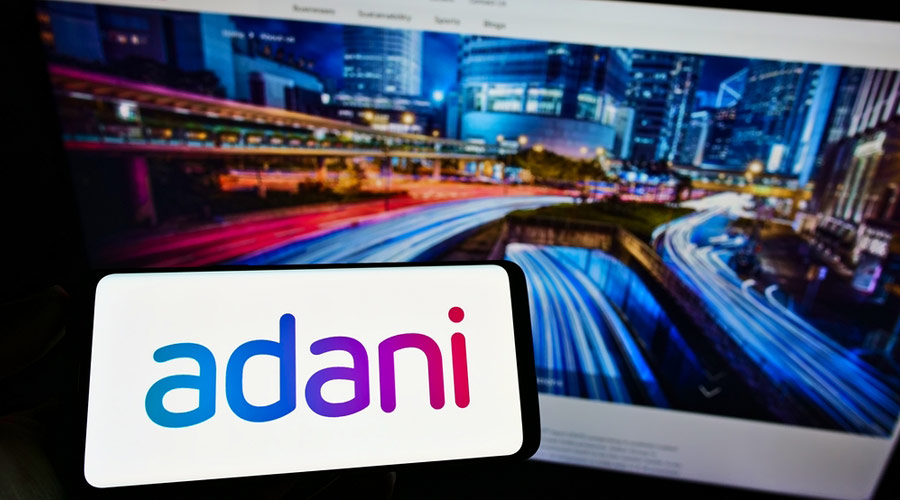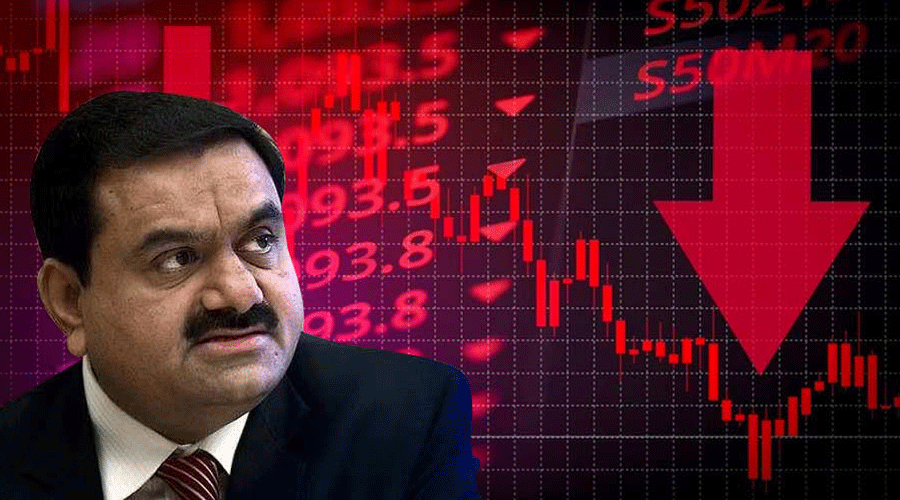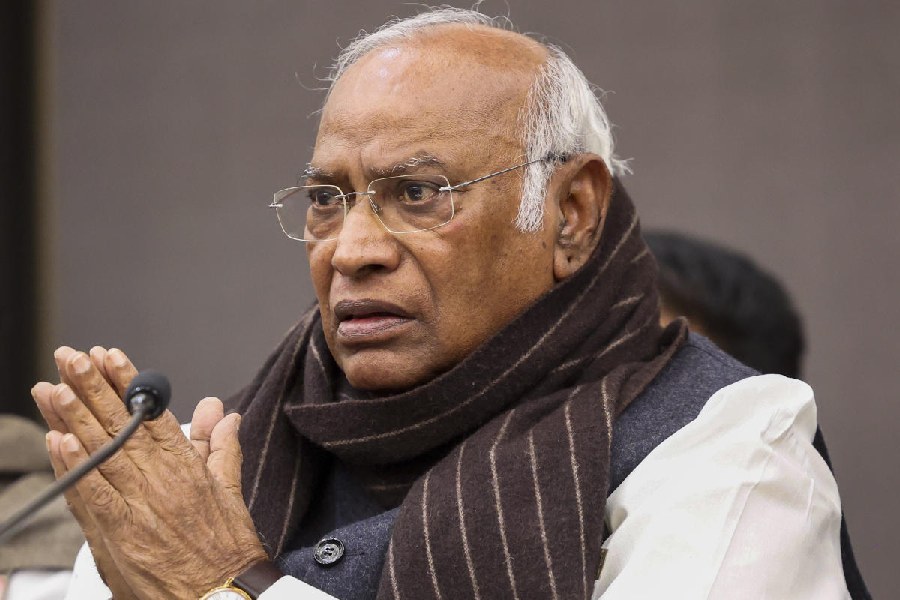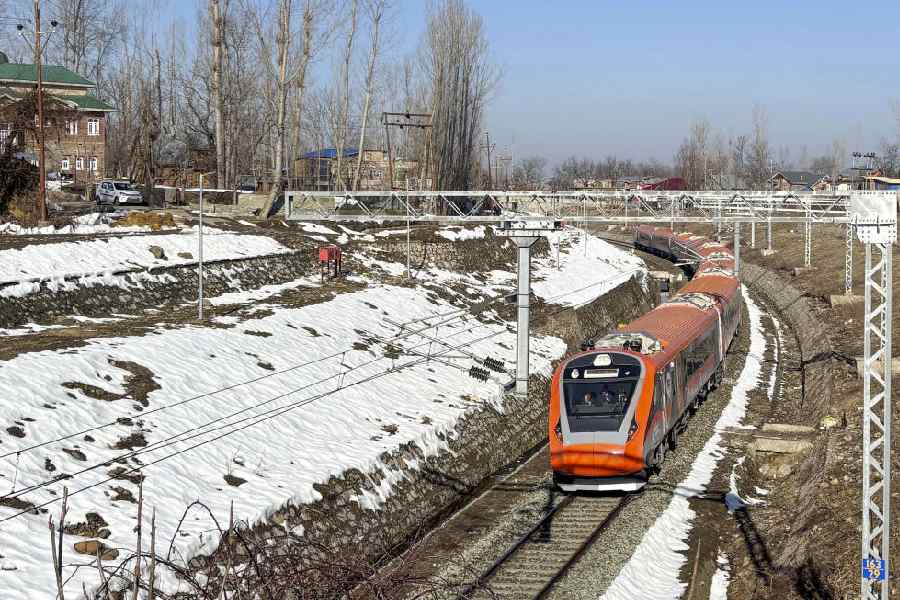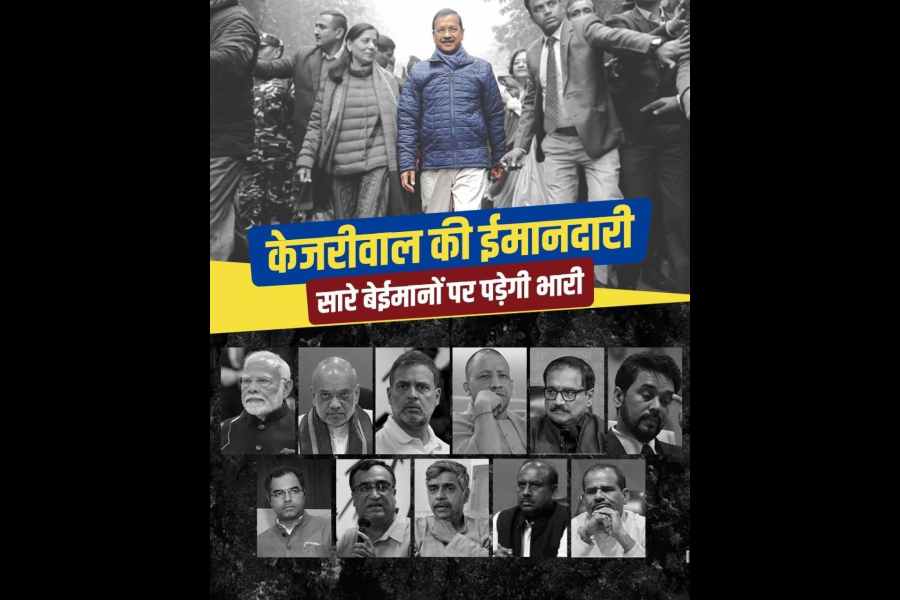Sections of civil society and Opposition parties in Bangladesh have begun demanding that the power purchase deal between Adani Power (Jharkhand) and the Bangladesh Power Development Board (BPDB) be scrapped.
They are terming the deal “unnecessary and unfair”, and seeking immediate action from the governments in both India and Bangladesh to ensure that the “profiteering motive” of a private company doesn’t cast a shadow on the bilateral relationship.
Over the past few weeks — during which the Adani group’s business practices came under the scanner — a narrative has taken shape in Bangladesh that the 25-year power purchase agreement is not a deal but a gift to Adani, perceived as the closest ally of Prime Minister Narendra Modi.
“The agreement has the potential to deal a blow to the cordial relationship between the two countries.... A majority of people here have started believing that our officials swallowed a skewed deal, helping a private entity fulfil its profiteering motive, because of the owner’s links with the Indian Prime Minister,” Shamsul Alam, an energy expert and senior vice-president of the Consumer Association of Bangladesh, told The Telegraph.
“This perception is compromising India’s position in Bangladesh,” he added.
Such questions from Bangladesh assume significance when Opposition parties in India, such as the Congress and the Trinamul Congress, have raised similar concerns over the deal’s impact on the country’s relationship with Bangladesh, where a section of the population considers India an overbearing neighbour. So far, the Indian foreign ministry has maintained that it has no comments to offer on a matter involving a sovereign government and a private entity.
Modi’s perceived involvement in the deal cannot be wished away as the Prime Minister laid the groundwork for it during his visit to Dhaka in 2015 when he outlined how the entry of Indian companies in power generation, distribution and transmission can address the growing energy demand in Bangladesh.
In November 2017, the BDPB entered into a contract with Adani to build a $1.7-billion, 1,600MW coalbased power plant in Godda, Jharkhand, and the Sheikh Hasina government gave a sovereign guarantee that it would purchase the entire power generated for 25 years.
From the very beginning, some analysts had asked whether Bangladesh, which has 40 per cent more power generation capacity than its peak demand, really needed supply from the coal-fired plant of the Adani group.
The Awami League dispensation in Dhaka kept swatting away these concerns, referring to its objective of diversifying the power generation basket to minimise the cost of electricity in the country.
The murmurs over the Adani deal grew louder in the past few weeks after the 163- page power purchase agreement (PPA) came to light, and reports alleging that Bangladeshi authorities would be paying through their nose for electricity from the Godda plant began appearing in the media.
The discontent decibel peaked on Tuesday after a leading Bangladeshi newspaper, The Daily Star, carried a detailed report with a screaming headline: How could such a deal be signed?
The report, based on comments from experts, contends that the power purchase agreement is “exceptionally expensive, overtly favouring Adani Power and ironclad” and hence goes against the interest of Bangladesh.
The “predatory” aspect of the PPA can be found, according to the report, in the price of coal, which determines the variable cost element of energy, and the capacity charges levied on the BPDB to recover the fixed cost of the plant.
A scrutiny of the PPA and the Indian policy environment governing the Adani plant, which came up in a special economic zone, has prompted the newspaper to ask whether the power generator would transfer to the BPDB the benefits accruing to it on account of exemptions from taxes and levies.
The newspaper has cited examples of several conditionalities in the PPA — on situations like damage to the plant because of political events or imposition of supplemental tariff in case the cost of Adani Power goes up — to claim there are loopholes everywhere.
The report on the questions about the PPA is accompanied by a separate one that carries verbatim the response from the Adani group to questions posed by the newspaper.
“Adani has not charged the BPDB anything yet and, hence, all mischievous propaganda of vested interests. It is pertinent to note that the cost of power from the Godda project would be lower than the comparable projects since PPA with Adani Power Jharkhand (APJL) provides for a lower freight,” the newspaper quoted the Adani group as saying in its response.
Such a detailed response from the Adani group to all the questions doing the rounds in Bangladesh, a source in Dhaka said, marks the company’s eagerness to assuage the concerns in the neighbouring country and douse the controversy.
Amid allegations that the company is charging high prices for coal, Adani Power has conveyed to the authorities that it will address the coal-pricing issue of the PPA.
The company has also let it be known that it would not levy any charges on Bangladesh for the delays in completing the transmission lines -- though the PPA empowers it to do so -- while the Godda plant is ready to transmit electricity.
These concessions do not seem to be enough in Bangladesh, which is likely to hold the next general election in December 2023 or early January next year. The main Opposition, the Bangladesh Nationalist Party (BNP), joined the anti-Adani rhetoric on Tuesday.
“We were talking to experts to understand what’s happening.... It is clear to us that Adani is going to benefit from the deal as we will be paying extra. We are blaming our government for getting into such a skewed deal. They were more concerned about the interest of Adani,” Mirza Fakrul Islam Alamgir, BNP secretary-general, told The Telegraph.
“In a couple of days, we will come up with a detailed statement against the deal.... We will organise movements demanding the scrapping of the deal,” he added.
While the anti-Adani voices have been growing louder, the Bangladesh government has failed to come up with any detailed response to all the allegations so far.
Mohammaed Ali Arafat, academic and member of the Awami League’s central committee, has been the most vocal defender of the deal at television debates or in the print media in Bangladesh.
“The deal has been worked out to protect the interest of Bangladeshi people.... The fact is, our government has not made any payment till now. So, all these questions about the deal, price of coal or capacity charges are primarily based on presumptions and anecdotes,” Arafat told this newspaper.
He said the agreement had checks and balances to ensure that the outgo for power from the Godda plant on account of the variable cost of energy would not be more than comparable rates.
“We don’t have anything to comment about the company concerned or its practices, nor do we have anything to do with India’s internal politics. We believe that there is nothing wrong with the deal. SheikhHasina has always looked into the interests of Bangladesh since coming to power and that’s the hallmark of her governance,” he added.
Mollah Amzad Hossain, editor of Energy & Power, a magazine, echoed Arafat and said the PPA did not have any major problems. He said the ongoing discussions on the rates that Adani Power would charge the BPDB were meaningless as the company had not presented any bill yet.
“Activism has taken over reportage in Bangladesh on the Adani issue and that’s whythere is so much misinformation all around,” Hossain told this newspaper.

